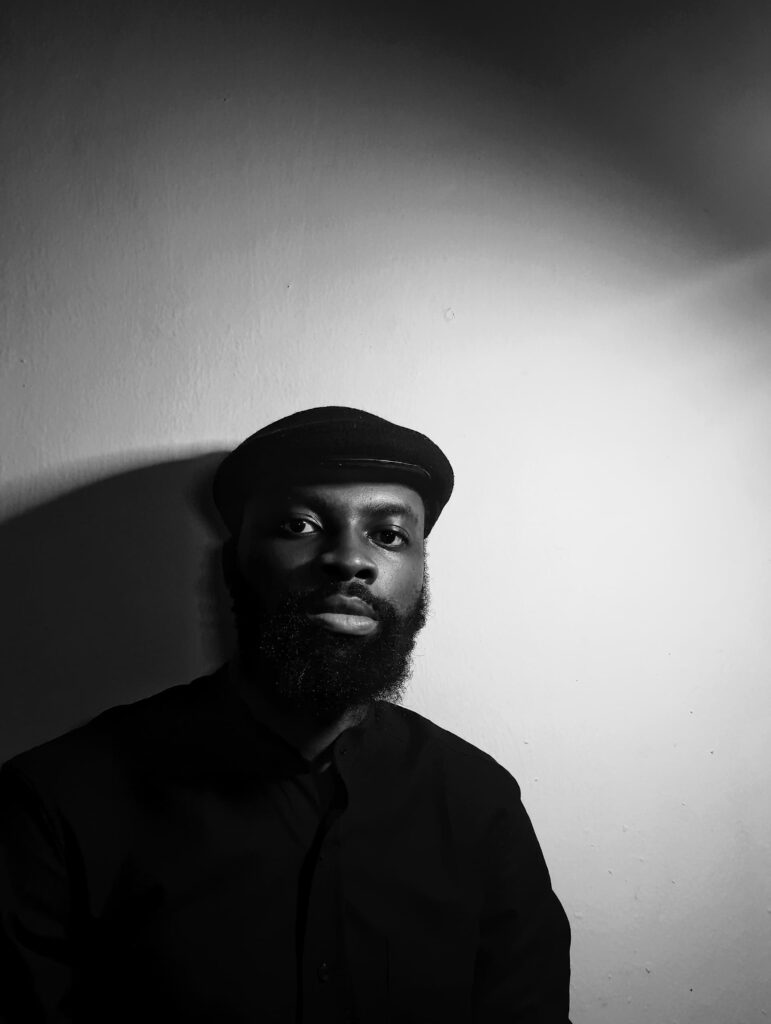by Akinwande Jordan
An artistic revolution within the Nigerian film industry no longer tarries; there’s a nascent enlightenment in the strain of films we have witnessed lately. If you’ve been paying a sliver of attention, you can see the levers pulling slowly in favour of quality over cheap escapism produced en masse. However, certain Nigerian movie directors are earning their stripes at the frontier — making films against the grain.
Some of them appeal to the mainstream whilst retaining the pizazz that defines them creatively, and some of them have, so to speak, carved a niche for themselves in recent years. Our list, though not gospel, seeks to present to you directors/filmmakers who have transcended norms and are en route to the cinematic Hall of Fame. Here are the top 5 Nigerian movie directors you should get familiar with, in no particular order:
The Esiri Brothers
The Warri-born filmmaking twins Chuko and Aries Esiri cut their teeth in the frigid climate of England before moving back to their home country. By their fruits, you shall know them is the consummate phrase befitting The Esiri brothers. Their oeuvre boasts of a feature, Eyimofe (This Is My Desire) (2020) and two short films, Goose (2017) and Besida (2018), both of which premiered at the Los Angeles Film Festival and the Berlinale.
Eyimofe is thus far their magnum opus — a film that employs a brutal realism in its portrayal of the hurdles and dreams tethered to the japa quests of indigent Nigerians. Eyimofe has amassed accolades, notably its award-winning streak at the Africa Movie Academy Awards (AMAA 2021), where the brothers snagged the Best Director award.
Taiwo Egunjobi

With his next feature on the way, titled The Fire and the Moth, all eyes should be on Taiwo Egunjobi. Hailing from Ibadan, Oyo —Taiwo Egunjobi is aesthetically inspired by the cultural milieu of the old empire. The University of Ibadan Alum is attentive to the stories nestled in the backdrop of Ibadan, as seen in his 2023 film A Green Fever (written by Isaac Ayodeji), All na Vibes (2021), and In Ibadan (2021). His films oscillate across various themes, especially the wrongdoings of politics and strained human relations.
CJ Obasi
Obasi is in a league of his own—an aircraft soaring through the cultural saturation of the times. The Owerri-born screenwriter and director has come a long way since his debut, OJUJU, which premiered at the 2014 edition of the Africa International Film Festival, winning the award of Best Nigerian Film and subsequently earning him The Trailblazer of the Year award the following year at the AMVCA.
Obasi continued trailblazing with his third feature, MAMI WATA, a cinematic folkloric treatise on spirituality, colonialism, and religion. MAMI WATA premiered at the 2023 Sundance Film Festival and snagged the Special Jury Prize in the World Dramatic Competition for its cinematography. In addition to his solo endeavours, he’s a member of the Surreal16 film collective with Abba Makama and Michael Omonua.
Korede Azeez
It should come as no surprise that Korede Azeez is on this list. The writer-director cum producer from Oyo State went doubly ambitious with two films — It Blooms in June and With Difficulty Comes Ease. The latter film has become the arresting one, with its commentary on the encumbrances of culture and a deft painting of the ramifications of grief and what it means to be duty-bound as a Nigerian woman.
Her style is a skilful blend of naturalism and realism, portraying characters’ vulnerability without restraint, albeit tenderly. Some of her other works include African Folk Tales Reimagined (2023) and Tip of the Edge (2020).
Dika Ofoma
Very rarely do you spot a cinematic style on screen or the wearing of influences on sleeves. Across Dika’s filmography, namely The Way Things Happen (2022), A Quiet Monday (2023), and A Japa Tale (2023) — there’s a definitive undercurrent of Italian neo-realism and transcendentalism that retains a Nigerian sensitivity you find in the work of the old masters.
The Enugu wunderkind has garnered international appeal, too; A Quiet Monday premiered at the 27th Internationale Kurzfilmtage Winterthur, Switzerland’s major annual short film festival. The film, starring Uzoamaka Aniunoh and Emmanuel Igwe in the lead roles, is fundamentally a contemporaneous and grounded portrayal of the secessionist perils through the sit-at-home protest in South Eastern Nigeria. The solemnly stark imagery of the film enshrines Ofoma as one of the filmmakers we shall appraise with enthusiasm in the future.